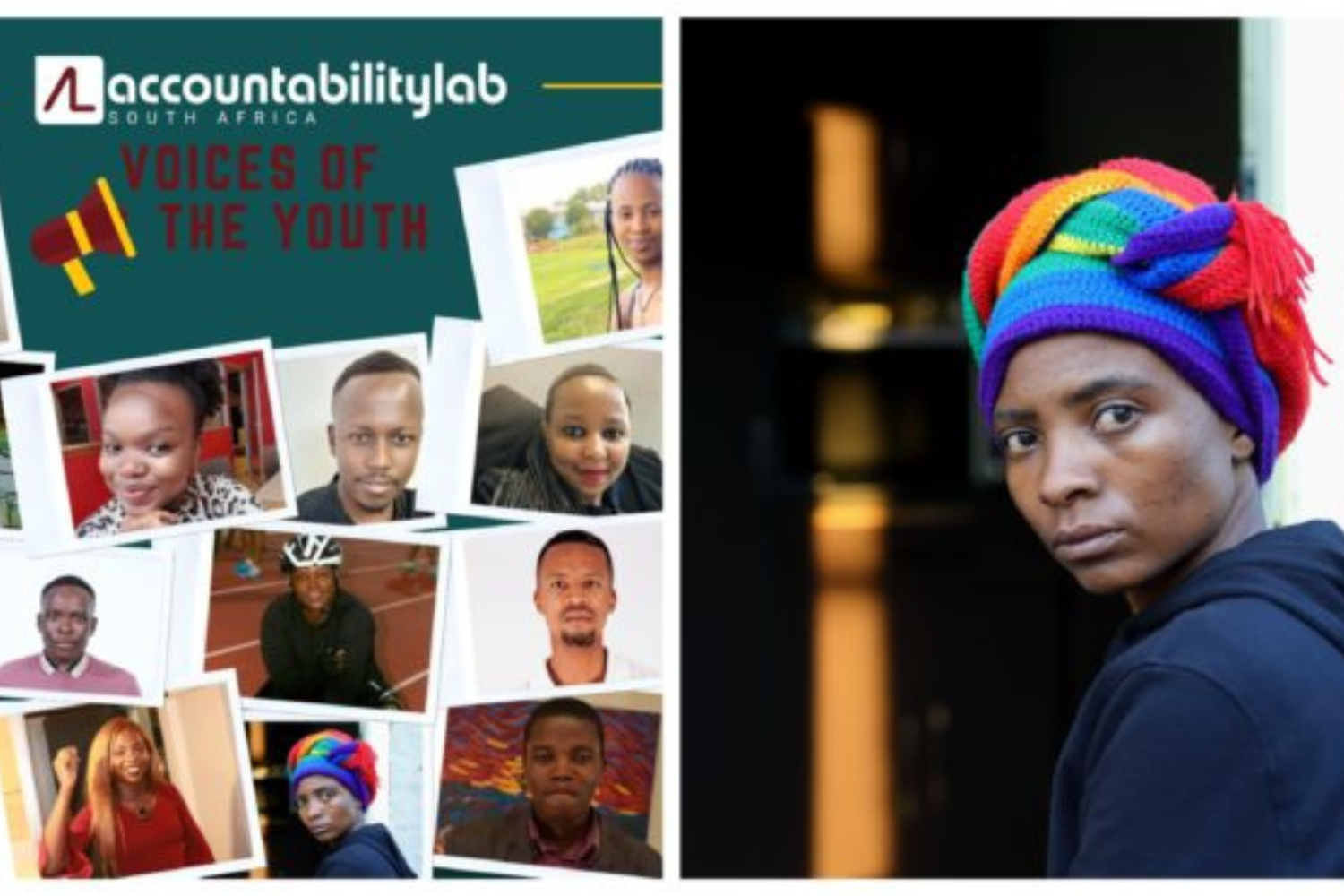NEWS
February 16, 2022

IN BRIEF
For all of the times South Africa has been called a “Rainbow Nation,” we have only been chasing rainbows. The recent riots of July 2021 might even indicate that South Africa has reached the “end of the rainbow” but with no pot of gold in sight. Equality remains elusive and this land has never known true reconciliation, writes Lerato Dumse (she/her) from Du Love Media. The piece forms part of Accountability Lab South Africa’s series Voices of the Youth, portraying the reflections of young people during 2021’s civil unrest. FIND OUT MORE: Accountability Lab South Africa’s Voices of the Youth [...]
SHARE
For all of the times South Africa has been called a “Rainbow Nation,” we have only been chasing rainbows. The recent riots of July 2021 might even indicate that South Africa has reached the “end of the rainbow” but with no pot of gold in sight. Equality remains elusive and this land has never known true reconciliation, writes Lerato Dumse (she/her) from Du Love Media.
The piece forms part of Accountability Lab South Africa’s series Voices of the Youth, portraying the reflections of young people during 2021’s civil unrest.
FIND OUT MORE:
Accountability Lab South Africa’s Voices of the Youth series
While the Independent Electoral Commission ensures that our vote is our secret, one thing that’s not a secret is the growing frustration among black South Africans – young people in particular. We are lamenting the absence of a trusted political party with a convincing election manifesto which prioritizes its voters’ lives and shows a convincing program of action for rooting out inequality on the basis of economic position, race, gender and sexuality.
The widespread looting that formed part of last month’s unrest left me conflicted as it probably did many other South Africans. The initial level 5 lockdown and subsequent adjustments forced us to stay at home under different conditions, but with the majority of the population marginalised. Large families had to figure out sleeping arrangements because more people are home instead of working night shifts or being at their live-in work as well as those forced to return home due to being evicted for being unable to continue paying rent. Couches, chairs, fridges and stoves were used even during the hours when we are ordinarily at work and school so they depreciated faster than they would have otherwise. And no income means it’s harder to replace these items.
Originally published by The Daily Vox
